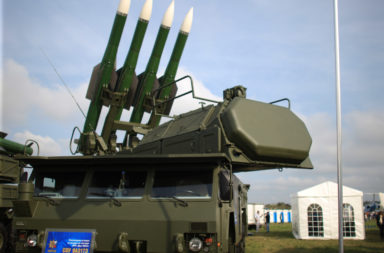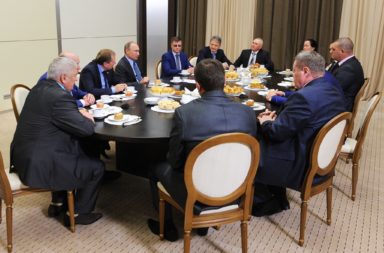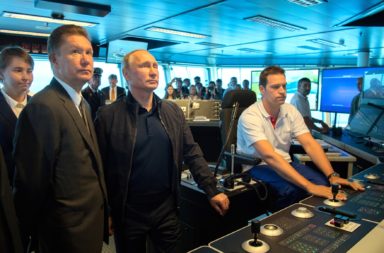Speaking about the current state of European security, Dimitri Medvedev addressed participants of the Munich Security Conference.
In the PM’s view the global security situation is even worse than it has been presented by many of the conference’s speakers so far. The developments since 2007, according to Mr Medvedev, have been more dramatic than anticipated. Key issues are:
– There is no unified Europe
– Economies are stagnating
– Conflicts in the Middle East and Africa have been worsening
– We are witnessing a migration collapse
– Relations between Europe and Russia have been undermined
– A civil war is raging in Ukraine, where the Minsk agreements have to be swiftly implemented including amnesty for Estern Ukrainian rebels.
Acording to Medvedev, there is a problem of communication and we have lost the culture of joint control. Partnership initiatives are “fading into oblivion”. NATO’s behavior towards Russia is opaque and hostile, during times when what used to be possible only in the Middle East, like a sudden shooting in a cafe, can now happen in Europe.
Medvedev’s 5 points on security:
1. Economy. Universal rules have been undermined as witnessed in the IMF’s behavior towards Ukraine. Unilateral economic pressure is employed as a strategic tool, undermining institutions like the WTO. Are our controversies deep enough to justify sanctions, that will lead nowhere.
2. Crisis of the economic growth model. European politicians believe that building up a belt that insulates them on the Eastern flank would increase their security, however the developments is both Syria and Ukraine shows that this notion is faulty.
3. In Syria it is important to preserve the continued the existence of a unified Syrian state. The work of the Syria Working Group are encouraging but further escalation could lead to a new type of terrorism swallowing the whole region. Terrorism is a civilizational problem, and they are on the rise because we cannot step aside and curtail our differences. The anti-terrorism equation cannot be solved without Russia
4. Regional conflicts leads to a new great migration of people that also affects Russia. Modern democracies as were expected to come about as a consequence of the Arab Spring, which many in the West welcomed at the time, have failed to materialize. Refugees are often only after social benefits in Europe and are upsetting the social balance.
5. In a side sweep against US foreign policy of the past decades, Medvedev said that the majority of the challenges are not the consequence of Russia’s actions. We might end up ´discuss the same issues in 20 years if we fail to address the root causes.




